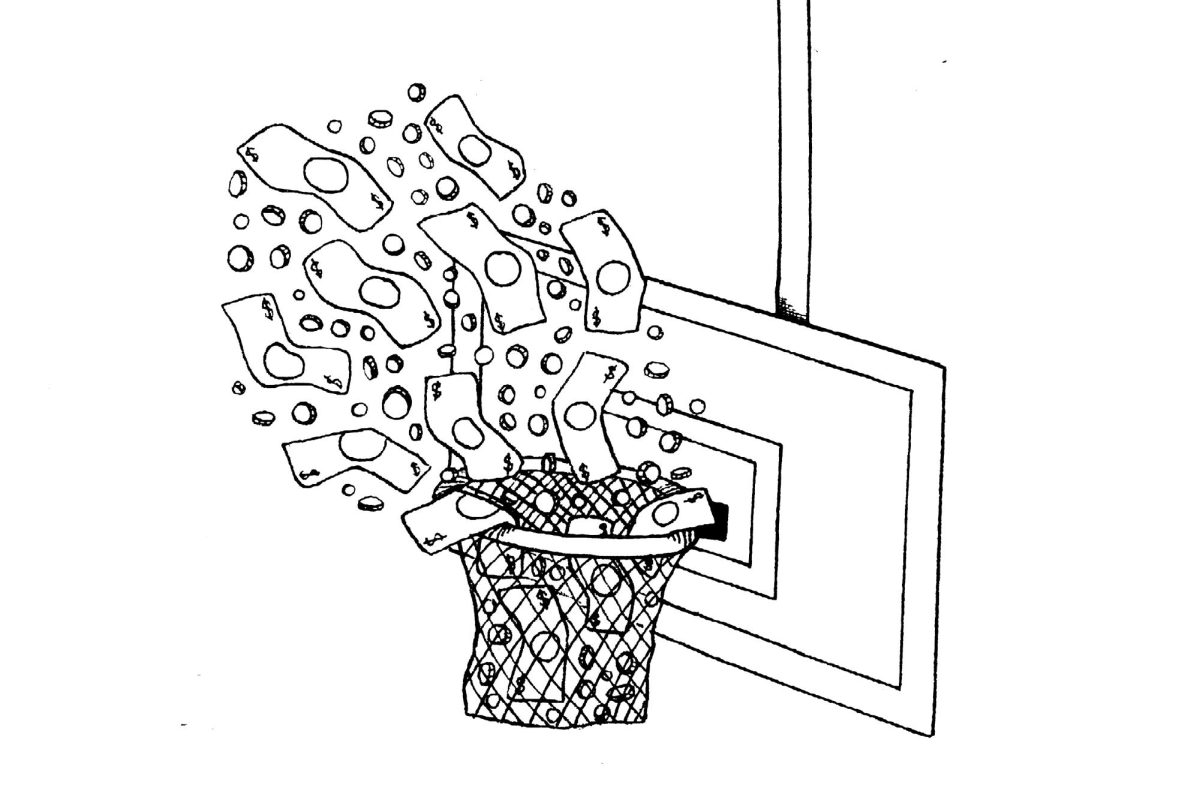Nothing is more irritating than D.C. motorists who insist on honking their horn every chance they get. I have lost count of how many times a blaring horn rudely interrupted my sleep or unmercifully squashed my good mood.
One night, I finally had enough when a bus driver thought it was necessary to relentlessly honk at another motorist who, for whatever reason, slowed to a dead stop at 23rd and I streets. Already annoyed, my friends and I looked outside the window to see what all the noise was about. When the ruckus subsided, we made our way back to the couch and television. Then, the bus driver blasted his horn again. I looked into each one of my friends’ eyes and asked without asking, “Have you had enough of this?” Each of them looked at me and said without saying, “Yeah, but what can we do about it?” Slowly, I rose from my seat, walked over to the window again and screamed, “Shut the f*** up!”
Shocked by my own obscene outburst, I started thinking about why people honk their horns and why I responded so cacophonously to their cacophony. Eventually, I realized that they carelessly honk for the same reason I carelessly cursed the bus driver from my fourth story window: in all likelihood, none of us will meet each other. The bus driver will probably never meet the motorist he rudely honked at. Perhaps that motorist was simply a tourist trying to find her way back to the hotel. I will probably never meet the bus driver I vulgarly cursed at. Maybe he was simply overworked, underpaid and, as a result, understandably aggravated.
We have become so disconnected from one another, so anonymous and so unconsciously self-absorbed that we are fatally numb to empathy.
Look around, this human disconnection I speak of is everywhere. On the Metro, despite the fact that a large group of people is packed into a tin can like sardines, few people make the effort to spark a conversation with a fellow commuter. Instead of talking to each other on the ride, the K Street lobbyist dressed in a three-piece suit keeps his face behind a copy of the Washington Post, and the college idealist dressed in jeans and a T-shirt keeps his ears occupied with an iPod. At J Street, despite the fact that we wait in line together and sit down to eat together, few of us reach out to someone we do not know. Instead, we merely endure the process; we keep to ourselves in line, get our food and then sit-down to eat with people we know.
This behavior fosters the anonymity necessary to breed human indifference. After all, can we really care about people we do not know?
No matter how innocuous our introverted behavior, the resulting lack of empathy for other people allows our most base instincts to prevail over our most noble instincts. When we fail to reach out to others, we inevitably fall short of our human potential. Staying inside our comfort zones places us inside a largely faceless world, in which it seems as though there is no consequence for mistreating others. When we dare to venture outside what is familiar, we learn how to see our surroundings through the eyes of others. Only then, through a connection bonded by empathy, will we realize our full potential for good.
So long as we see few faces in the crowd of humanity, life on earth will never get better. If we truly want the car horns to stop disrupting our sleep and killing our good mood, then we must be bold enough to connect with our fellow human beings. Life will only become more bearable if we understand that we are all stuck on this planet together – and there is no use in screaming about it.
-The writer is a sophomore majoring in political science and history.





